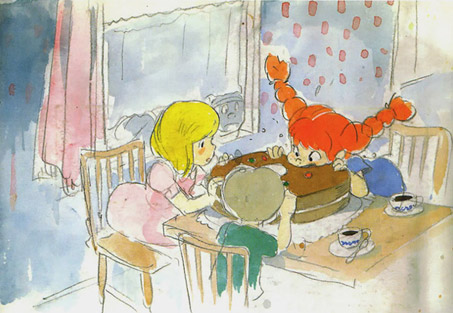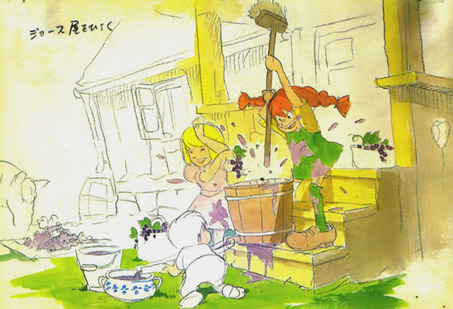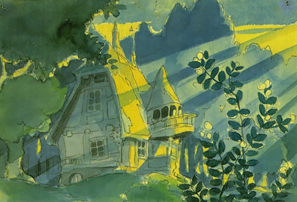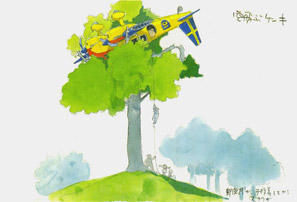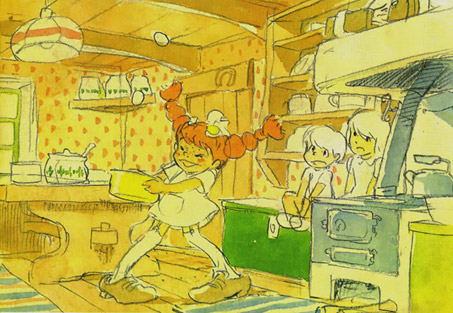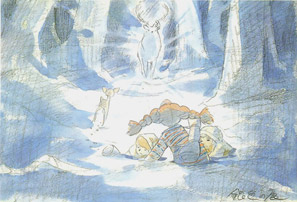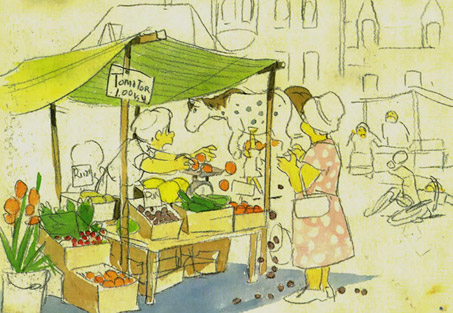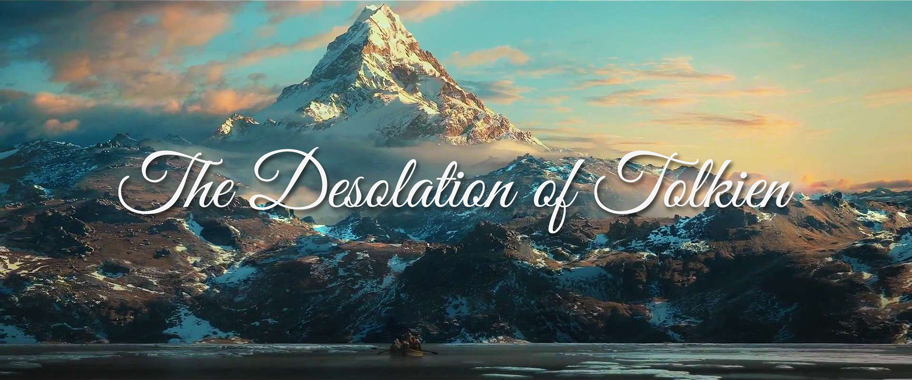
Lightning in a Bottle, an unfilmable story.
Last year, after a decade of speculation, failed starts and mountains of expectation, Peter Jackson released The Hobbit: An Unexpected Journey, the first in a trilogy of films adapting J.R.R. Tolkien’s classic fantasy novel, The Hobbit, for the big screen. Following in the footsteps of its bigger brother, Jackson’s adaptation of Lord of the Rings, a modern film classic in its own right, The Hobbit was almost destined to disappoint. With his first trilogy, Jackson captured lightning in a bottle. He took the movie industry by storm, and revitalized mainstream excitement for fantasy to a level not seen since the ’80s. He did so, somehow, by executing an enormous passion project that seemed almost impossible under the circumstances: no major stars, a production and special effects company that no one had heard of, a story deemed unfilmable by many fans, and a film industry that had not seen anything of its scale since Lucas’ Star Wars (which, in itself, faced many challenges and doubters before it found success.)
When Jackson first approached New Line Cinema, he pitched them on an adaptation of The Hobbit, with a two-film adaptation of Lord of the Rings to follow. As these things go, film rights to The Hobbit were split between two companies (which would again later impede production of The Hobbit trilogy we know today), while Lord of the Rings was entirely under the umbrella of New Line Cinema’s owner, Saul Zaentz. Jackson, a relative unknown in the world of big budget Hollywood films, was given the reigns to one of the most revered entertainment properties in the world. Read More »
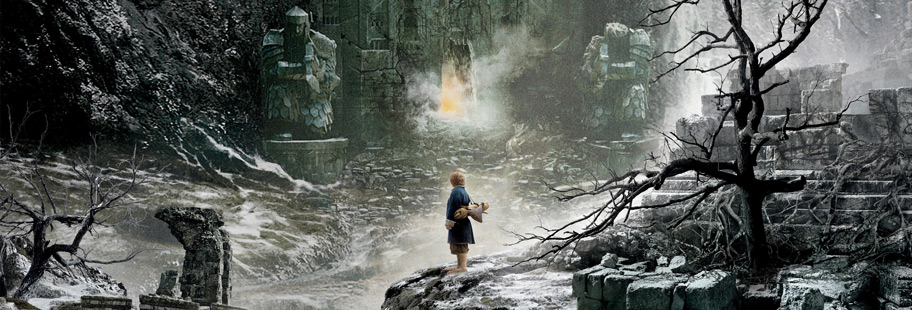
If there’s one takeaway from the first film in Peter Jackson’s film adaptation of The Hobbit, it’s that the writer/director’s tinkering with Tolkien’s lore, ostensibly for the sake of making a more bloated exciting theatre-going experience, was less than successful. The additions of Azog, Radagast’s plight against the Necromancer, the absurdity in the hall of the Goblin King, and anything to do with the White Council were unnecessary to Bilbo’s story (which, at the end of the day, is what The Hobbit should be about), and raised concerns about the decision to extend the series of films from two volumes into a trilogy.
On the eve of the release of the second film, The Desolation of Smaug, Peter Jackson recently discussed the decision to add and expand on the characters of three elves, including fan favourite Legolas, played again by Orlando Bloom, and newcomer Tauriel, played by Evangeline Lily. “People always ask about Evangeline’s character Tauriel and why we felt the need to create her,” Jackson said, via /Film. “But in The Hobbit novel, [the dwarves] are captured by the elves and they escape in the barrels. And it’s a memorable part of the book but the Elf King is not even named. He doesn’t have a name. And it was only later on that Tolkien decided it should be Thranduil and he also decided he should have a son when Lord of the Rings was written 18-19 years later. He created the character of the son of the king. Read More »
It’s no secret the Hayao Miyazaki is one of the most masterful and celebrated film makers of the past century. The Japanese writer/director’s studio, Studio Ghibli, author to contemporary classic like My Neighbour Totoro, Spirited Away, and Princess Mononoke, has helped introduce countless young (and old) people to the beautiful Japanese legends and myths that so frequently form the heart and soul of their movies. They also provide a nice counterpoint to the Hollywood-heavy Disney and Pixar films of today. But not all of Miyazaki and Studio Ghibli’s films are focused on the retelling of Eastern stories. This recently revealed concept art shows what could have been if Studio Ghibli had moved ahead with production on an adaptation of the classic Swedish story of Pippi Longstocking.
Funny enough, io9 reports, “Hayao Miyazaki and [fellow animator] Isao Takahata began preproduction on an adaptation of Astrid Lindgren’s Pippi Longstocking books, but in the end, were unable to secure Lindgren’s permission.” Looking at Miyazaki’s history as a film maker, it’s difficult to believe that Miyazaki would run into such road blocks, but it’s important to note that in ’71 he was still in the infancy of his career as a film maker, working at Toei Animation. Lucky for us, Miyazaki’s concept art for the film still exists.
By exploring themes of adventure, nurturing love, and family, Miyazaki’s films encourage children and adults alike to remember that there’s magic in the world if they just look for it. With her superhuman strength, adventurous and unconventional personality, it’s no surprise that the master filmmaker was drawn to Pippi Longstocking.
So, the Hugo awards have come and gone for 2013. People have blogged widely about it, and all that need saying has already been said (see here for my thoughts on this year’s ‘Best Novel’ winner, Redshirts by John Scalzi, for instance). So, instead of recapping the conversation (which, to be frank, I’m a little behind the curveball in catching up on), I thought it would be more interesting to look ahead at next year’s awards, and start the conversation a little early. This way, I can hopefully convince you to check out some of the year’s best works while there’s still time to enjoy and nominate it.
I’ll work through several of the categories, those which I have any sort of opinion of, and discuss the works that I think are most impactful and important, and will, as of right now, appear on my ballot (until they’re replaced by something even more awesome between now and the time nominations are due.) And then, in the ‘Also/maybe/are these good?’ sections, I’ll list off a few choices that I haven’t read/experienced yet, but feel that they deserve to be in the conversation and will likely be considered when I do get around to them.
I’d also encourage you to join me in the comments. Tell me why I’m wrong. Tell me what you’ve read this year that resonated with you. Because, what’s the point of award season if not to encourage people to discover great new books, films, and every other story of art? Read More »
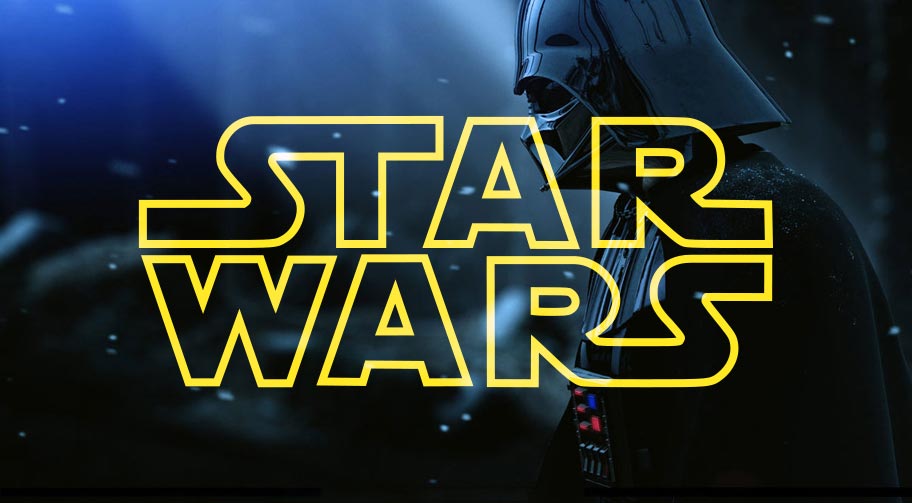
According to The Verge, Disney is planning to release a new Star Wars film every summer for five years. This schedule will begin with Episode VII in 2015, VIII in 2017, and IX in 2019. Sandwiched between these releases will be standalone films, presumably starring some of the series’ more popular characters (Yoda, Han Solo and Boba Fett have all been rumoured.
Thoughts?


